The U23 Malaysia team (made up of mostly local players) disappointed when they were eliminated from the group stage of the U23 Southeast Asian Championship. In three group stage matches, they lost to the Philippines, drew with Indonesia and lost to Timor Leste. That only helped U23 Malaysia rank third in Group A with 4 points.
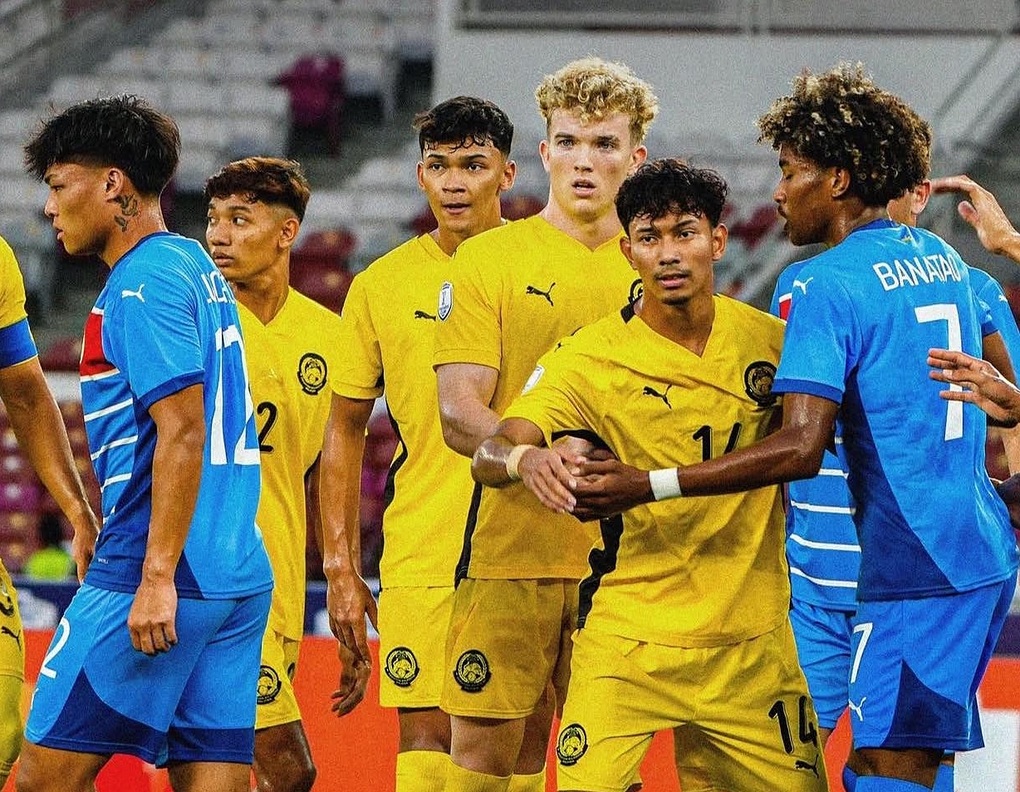
U23 Malaysia played poorly in the U23 Southeast Asian tournament (Photo: FAM).
While the Malaysian national team is playing well thanks to naturalized players from Europe and South America, the Malaysian youth team is in serious decline.
Faced with this situation, the New Straits Times newspaper frankly commented on the sad reality. They wrote an article: “Malaysian youth football is collapsing”. This newspaper commented: “While Harimau Malaya (the nickname of the Malaysian team) defeated the Vietnamese team 4-0 in the Asian Cup qualifiers last month thanks to a wave of naturalized players, the Malaysian youth team caused a big disappointment in the U23 Southeast Asian tournament.
Despite being considered an important stepping stone in the development of Malaysian football, the U23 Malaysia team has faltered. They lack direction, lack tactics, and most worryingly, are completely harmless.
After a humiliating 0-2 defeat to U23 Philippines, they won 7-1 against U23 Brunei, a team considered the “basketball basket” of Southeast Asia. However, even that overwhelming score could not hide the serious illness of Malaysian football.
Everything fell apart right from the disastrous opening match for Malaysia U23, when 18-year-old Otu Bisong of the Philippines confused the Malaysian defense and scored twice. The young Malaysian players not only played poorly, they looked completely lost on the pitch.
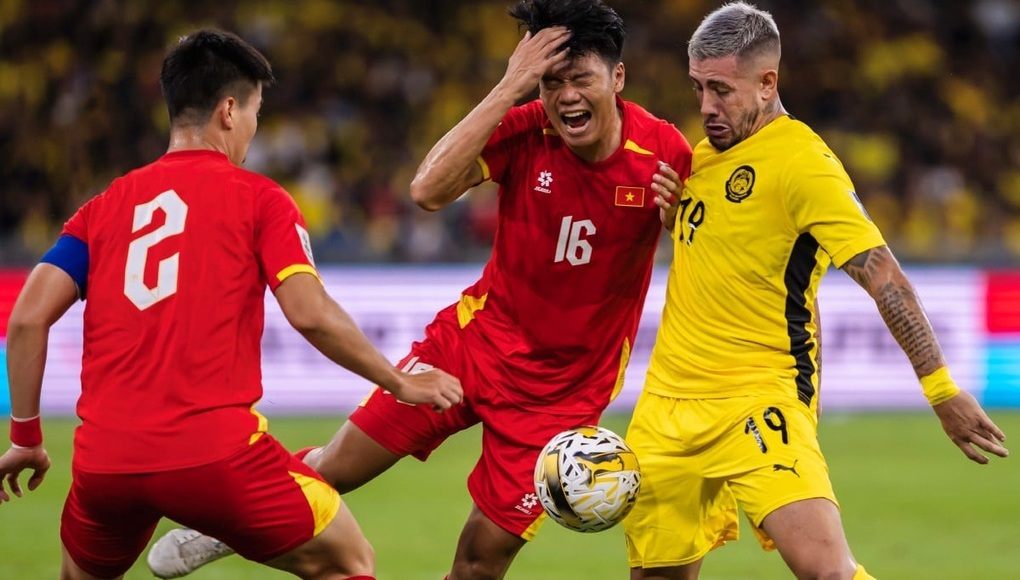
Although the Malaysian team has improved, the New Straits Times newspaper said that football in this country has reached a dead end (Photo: BH Online).
Coach Nafuzi Zain, who was praised for his dynamic pressing style in Terengganu and Kedah, failed to inspire this group of players. The 70% ball possession against the Philippines U23 looked good on paper but with a shooting accuracy of only 23%. It was like “a beautifully presented meal without meat”.
What is alarming is the lack of urgency, lack of leadership, and inability to adapt tactically. The U23 Malaysian players are more like amateurs than representatives of the country.
The more worrying issue is that Malaysia’s youth training system is in disarray. The joke circulating in Malaysian football circles says it all: “Why doesn’t the Football Association of Malaysia (FAM) just naturalize young players to fill the national U23 team?”
Although satirical, it is very close to the painful reality. The system that once produced AFF Cup champions and SEA Games gold medalists is now exhausted. The Harimau Muda football development project has long been abolished. The MFL Cup, the only true U23 tournament, has also just been discontinued.
So what’s left? A few friendlies and a whole lot of false hope. Worse still, the 2025/26 Malaysian league season will allow clubs to register up to 15 foreign players. Yes, 15. Add in the growing wave of naturalised and mixed-race players, and suddenly there’s no room for local talent to shine.
Most U23 players don’t even have a place on the bench, let alone play. So where will they go? Many will be relegated to the A1 League, which is called the semi-professional division. It sounds like a “development platform,” but it is actually the “forgotten land” of football. Some clubs operate professionally, but overall the level, competition, and coverage are very low. Players who play there will not improve. They will gradually disappear.
It is a far cry from the previous golden generation. The 2009 SEA Games gold medalists were the core players that helped Malaysia win the 2010 AFF Cup, the country's only major international title in recent times. In 2011, the Malaysia U23 team under coach Ong Kim Swee continued to maintain their development streak. In 2018, the Malaysia U23 team made a splash when they reached the quarter-finals of the AFC U23 Championship. But then they were eliminated from the group stage twice in 2022 and 2024.
All as a warning. Youth teams are no longer a launching pad for the national team. They are just a formality for “the sake of it”. The obsession with short-term results, relying on naturalized players and foreign backgrounds, is blinding us to the rotten reality within.
But the worrying thing is that this strategy has an expiration date. In five years, when the generation of naturalized players hang up their boots, who will take over the future? When there is no longer a strong enough domestic foundation to inherit? Football always revolves. And right now, Malaysia is running straight into a dead end.”
Source: https://dantri.com.vn/the-thao/bao-malaysia-noi-thang-thuc-te-phu-phang-cua-doi-nha-khi-bi-loai-20250721200900983.htm


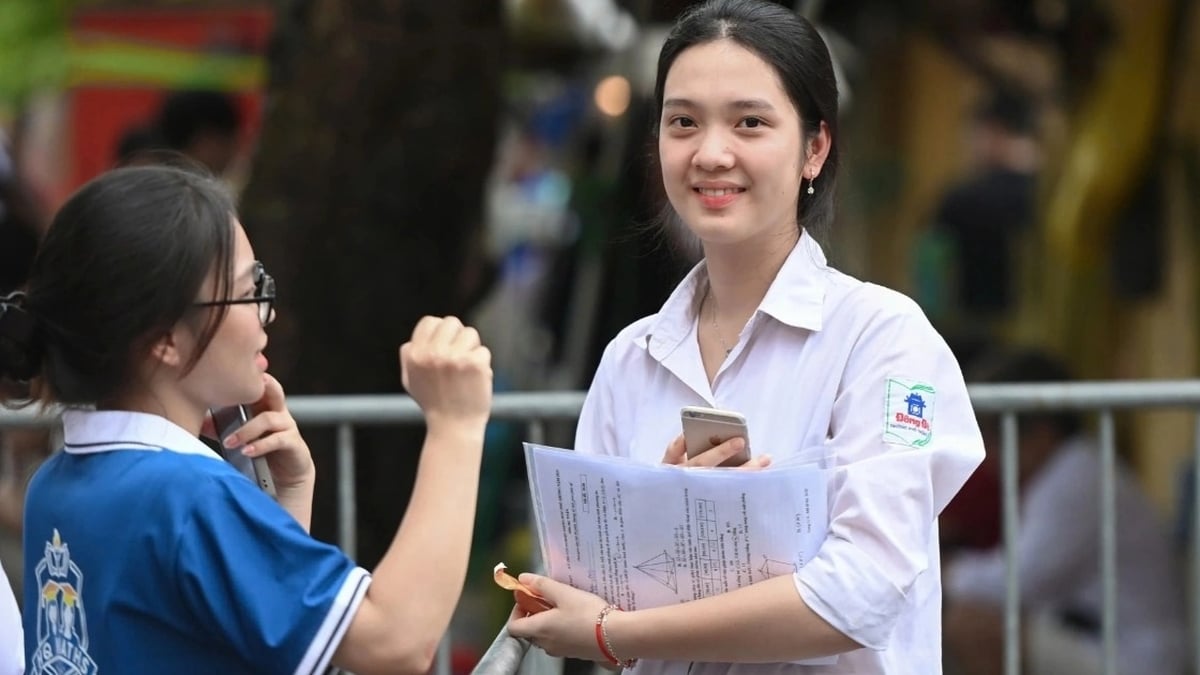
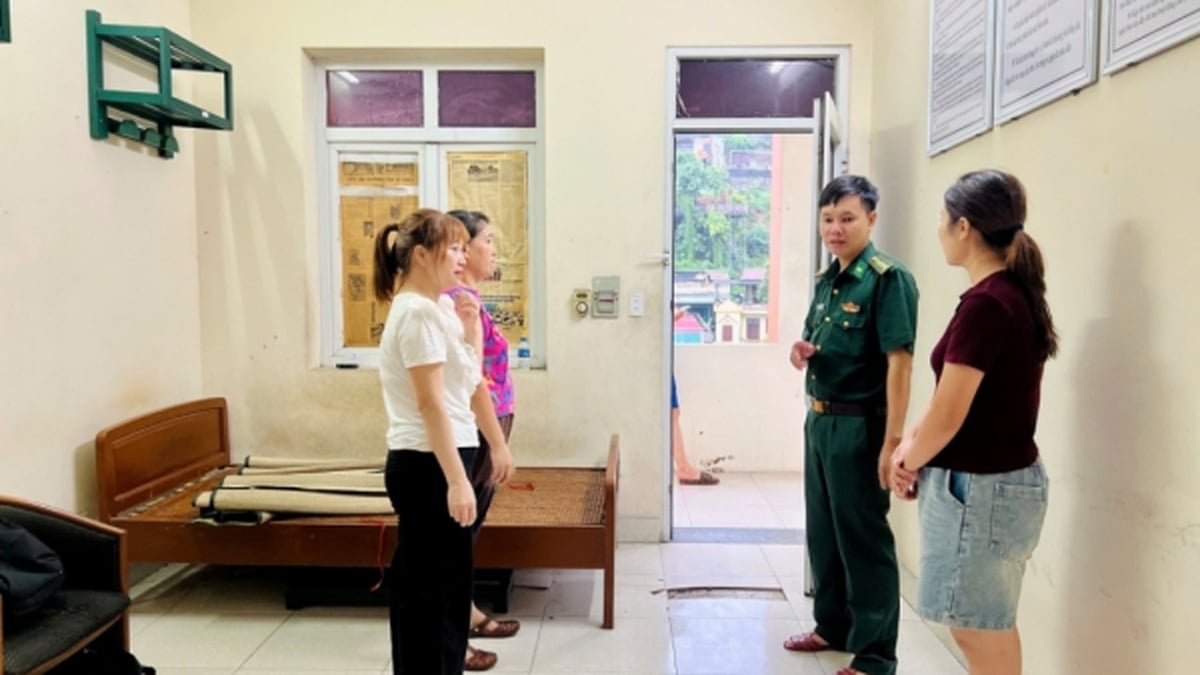
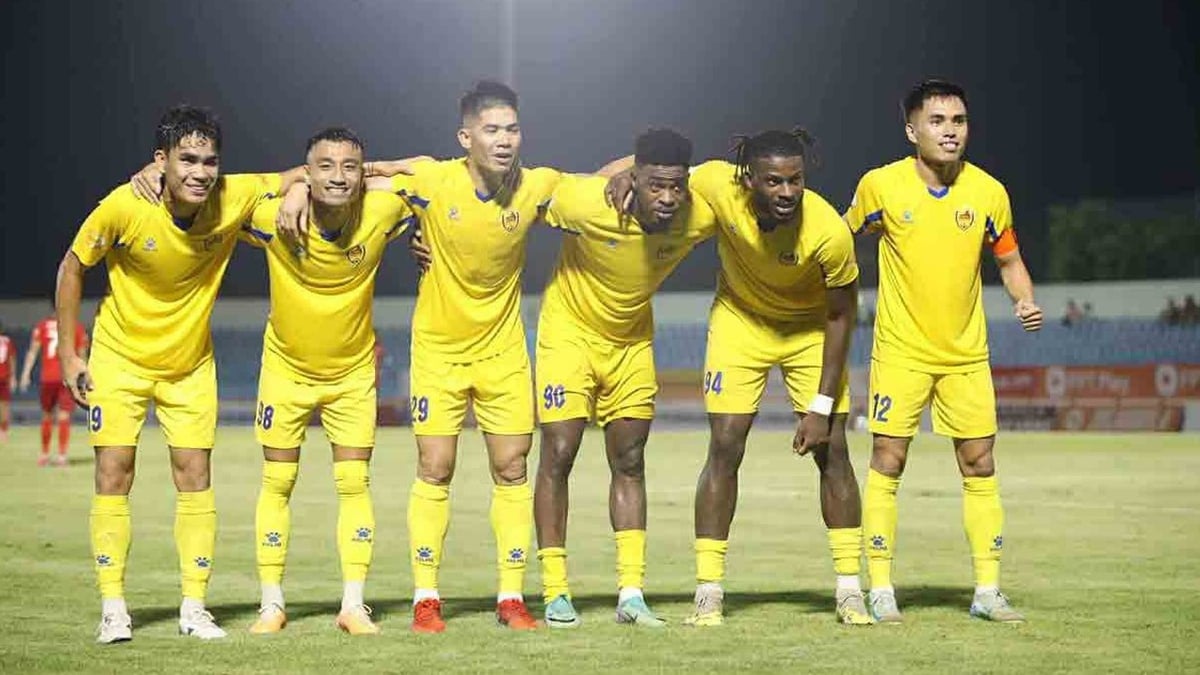

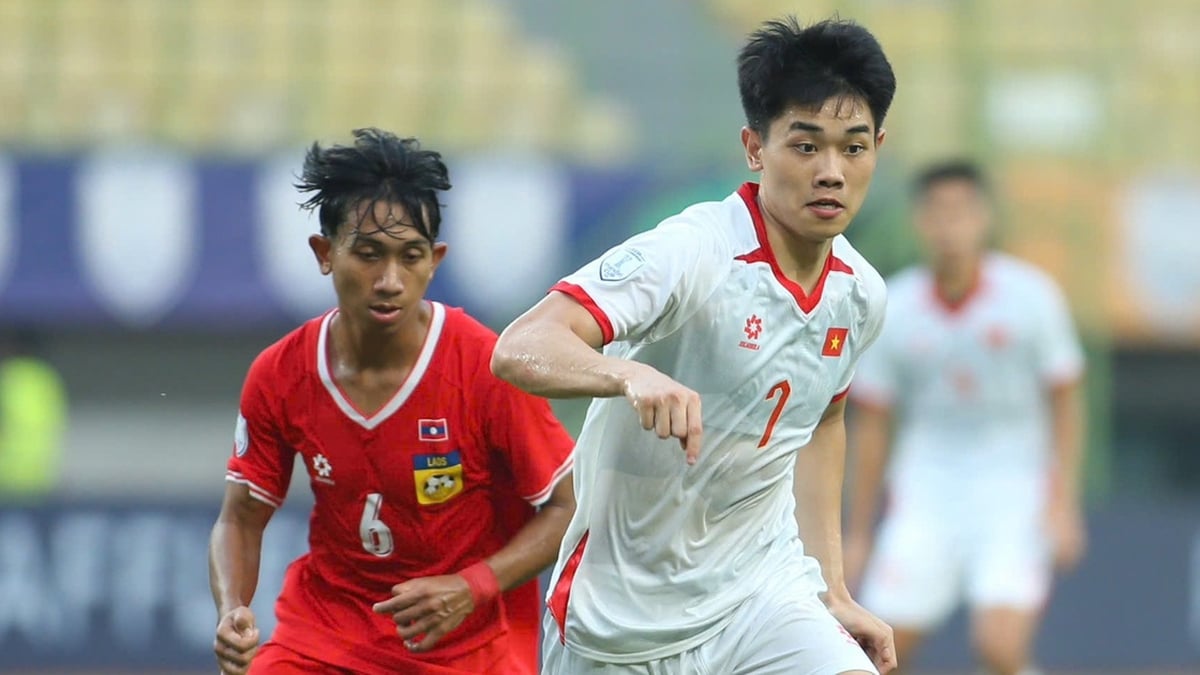
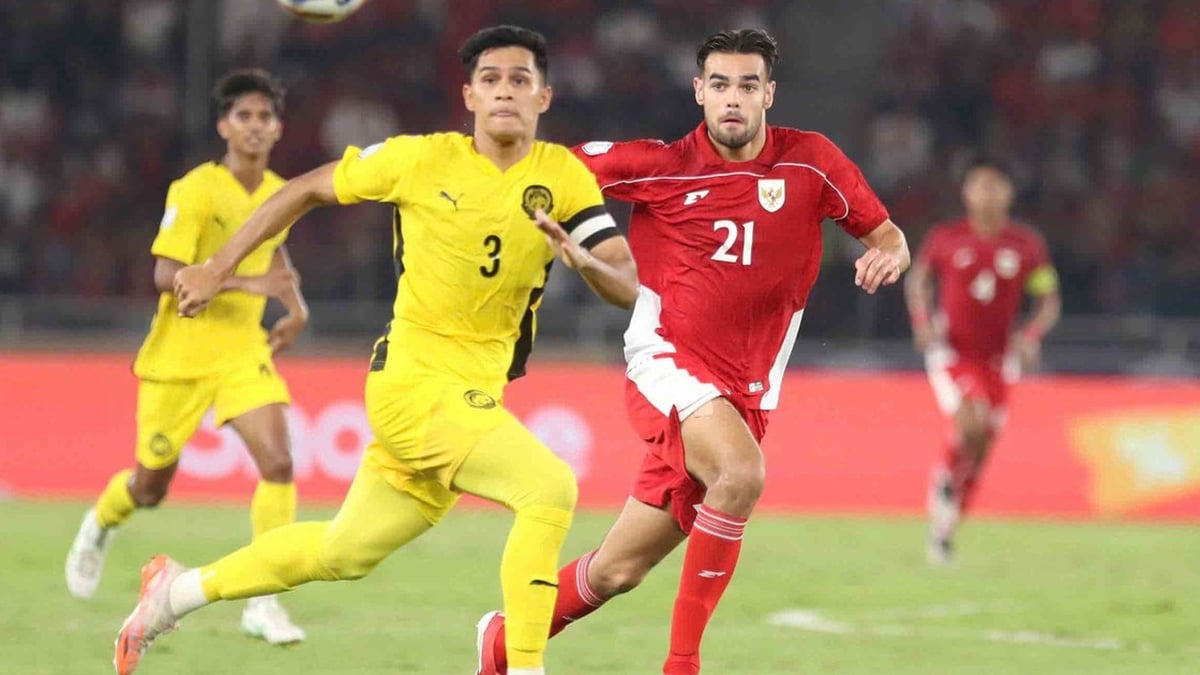
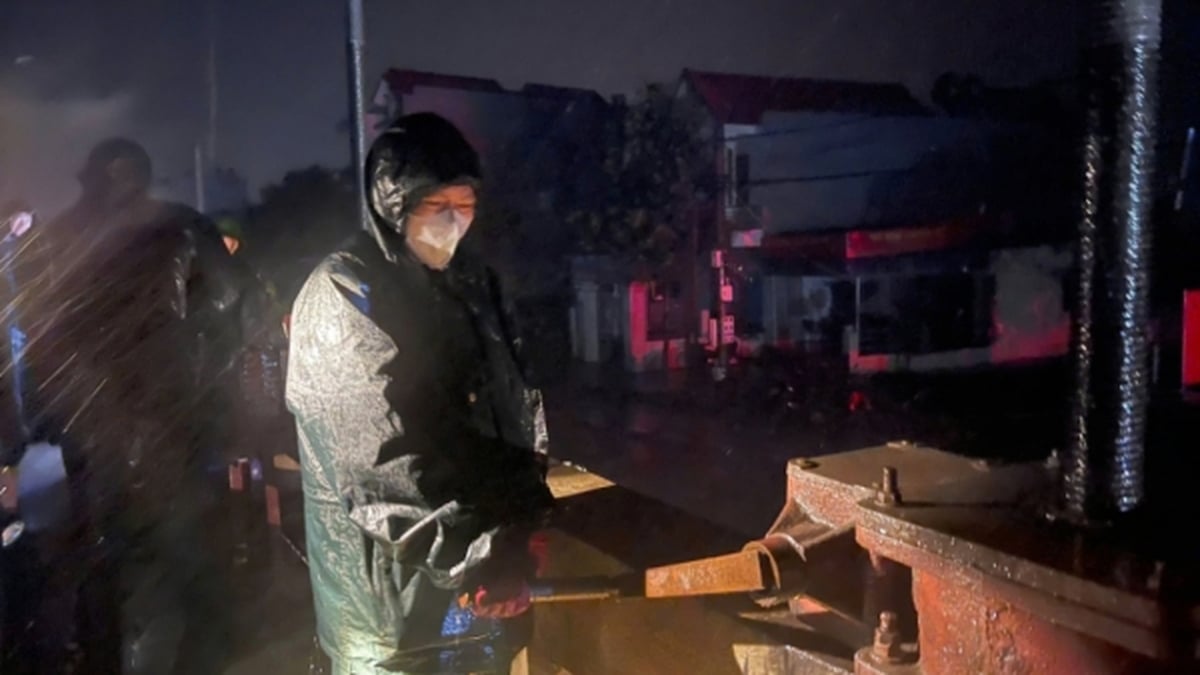
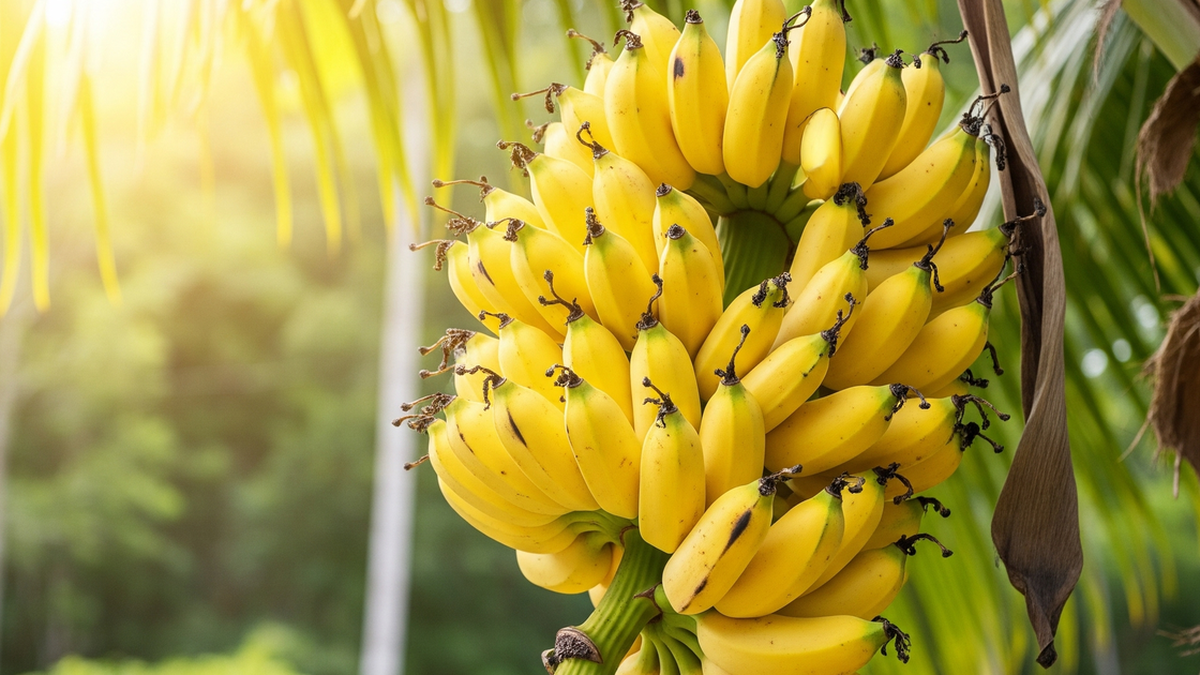

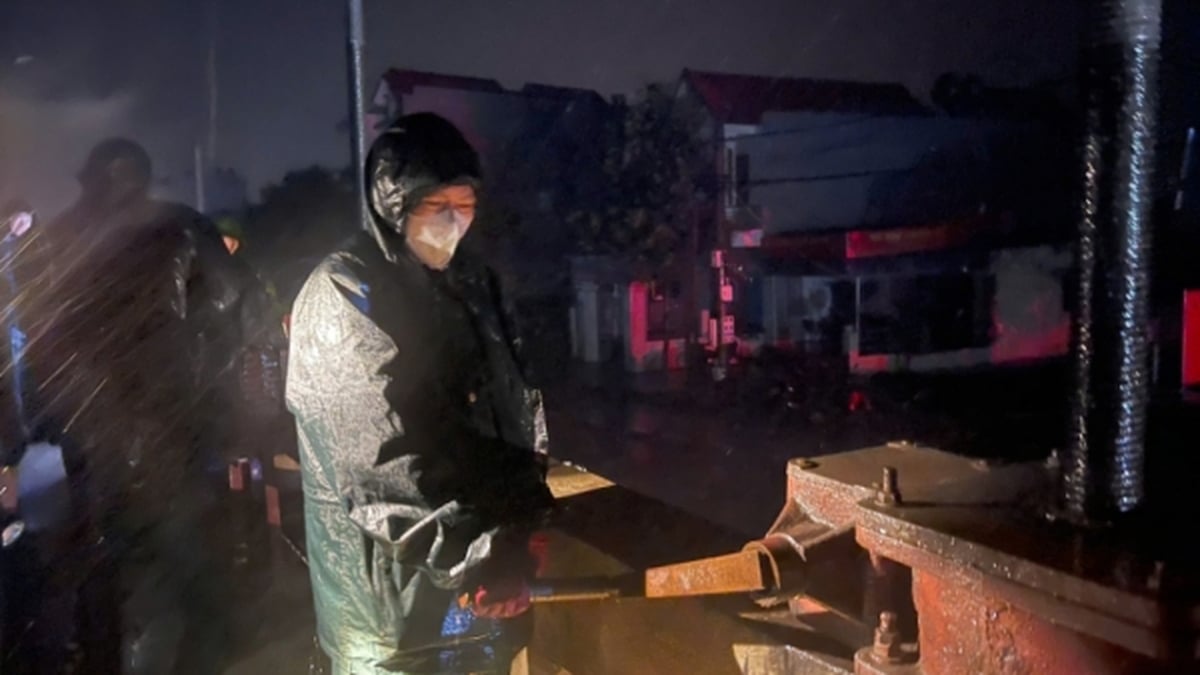













![[Photo] National Assembly Chairman Tran Thanh Man visits Vietnamese Heroic Mother Ta Thi Tran](https://vphoto.vietnam.vn/thumb/1200x675/vietnam/resource/IMAGE/2025/7/20/765c0bd057dd44ad83ab89fe0255b783)











































































Comment (0)